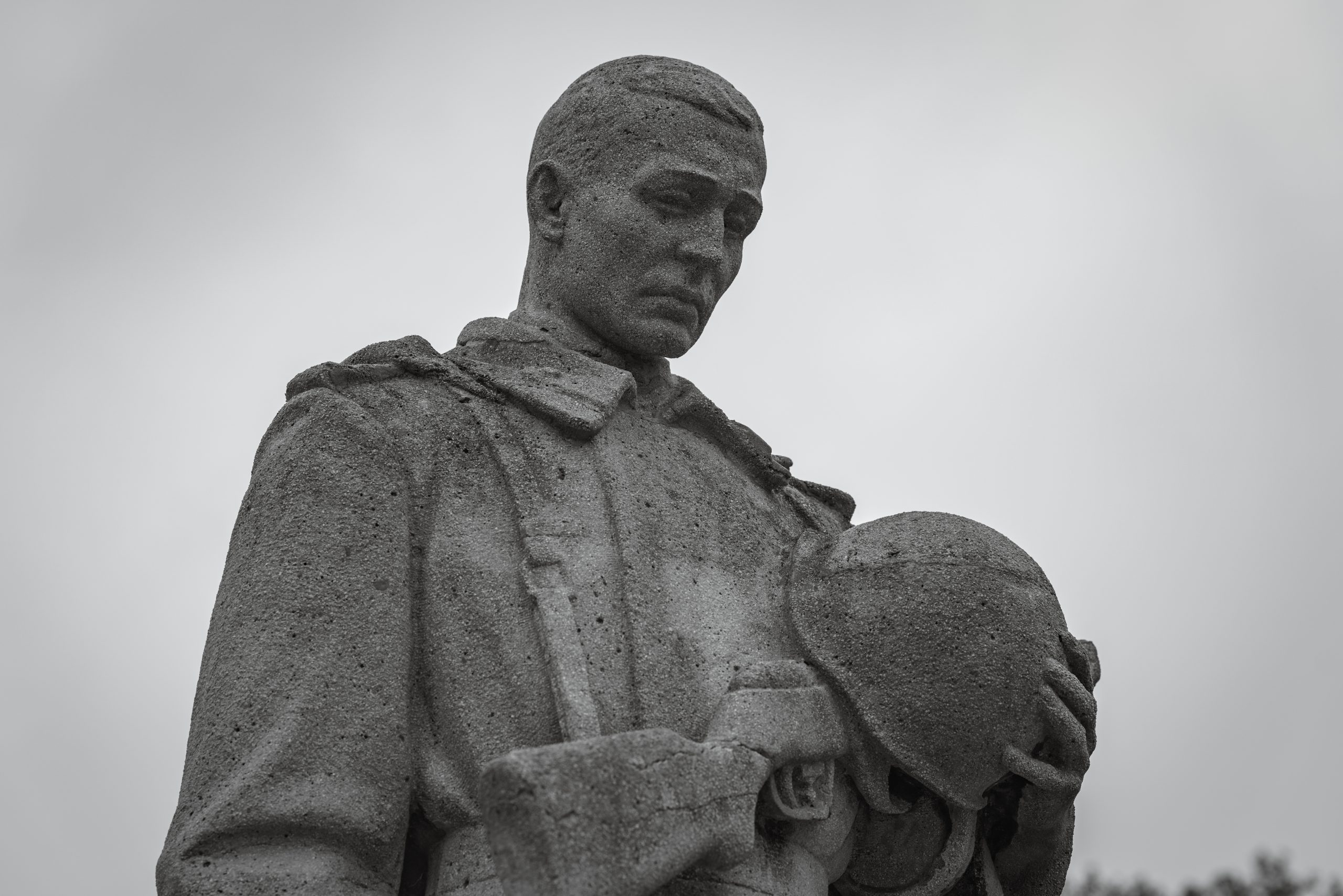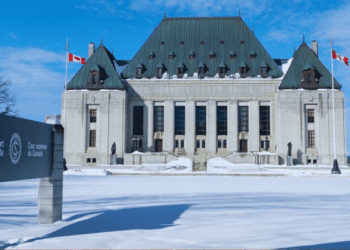
By Marcus Kolga, June 30, 2022
Five months have passed since the start of Vladimir Putin’s “three-day operation” to “de-Nazify” Ukraine’s democratically elected government led by its remarkable Jewish president.
Millions of Ukrainians have been displaced and tens of thousands have been killed. There are widespread reports that Russian soldiers have engaged in sexual violence, including rape, sexual torture, and mutilation against women and children.
Ukrainian cities on the front lines of Putin’s invasion have been bombed into rubble by Russian forces. So far, over 10,000 civilians have been discovered in mass graves, of which one-quarter were woman and children. Families seeking to escape the violence have been shot on streets or killed by Russian missiles as they tried to flee.
Diplomacy has failed to slow or deter Vladimir Putin’s appetite for carnage in Ukraine. This is because many in the democratic world still struggle to recognize the nature and objectives of Vladimir Putin and the kleptocrats that support his regime.
The Russian ruler’s primary objective has always been to remain in power. He relies heavily on exploiting national nostalgia for Soviet-era superpower status through a combination of propaganda, intimidation, repression and foreign conflicts. For this to succeed, Putin requires Russians to perceive that they are constantly surrounded and threatened by enemies like NATO, Ukraine and all liberal democratic nations. Without distractions like the Russian invasions of Georgia in 2008, Ukraine in 2014 and its current war today, Russians may notice that their standard of living lags well behind their European neighbours and may begin to demand more freedom to overcome the domestic failures of the Putin regime.
Since coming to power 22 years ago, Vladimir Putin has failed to deliver any significant improvements for Russians who live outside of the fenced-off oligarch enclaves in Moscow and St. Petersburg. According to the World Bank, 19 million Russians live under the poverty line. In 2015, one in 10 Russians had no access to basic sanitary facilities, and 5.5 percent had no access to drinking water.
Russian incomes, GDP and life expectancy have all sharply declined over the past decade. Analysts predict that by the end of this year, Russia’s economy will be 7 percent smaller than it was in 2012. In 2019 Russia’s auditor general reported that one-third of Russian hospitals have no running water, 40 percent of them have no central heating and 35 percent had no sewage systems. The failure to provide Russians with basic civilian infrastructure has not been caused by any western sanctions, NATO or Ukrainians; it is a direct result of government corruption and the kleptocrats who have robbed the Russian people of the past two decades.
The reconstitution of the Soviet Union is a key part of Putin’s domestic propaganda narrative. However, instead of resurrecting the Soviet imperium with his war in Ukraine, Putin has only succeeded in dragging his country back into Brezhnev era isolation: the days before McDonalds, when store shelves were barren and citizens were terrorized into silence by the fear of repression. Indeed, Putin may well be resuscitating the Soviet Union, but only inside of Russia.
To deflect domestic attention away from the crumbling infrastructure and poverty, Vladimir Putin has gambled everything on a war against Ukraine. He’s manipulated his people into believing it is an existential struggle against Nazism and a war of survival against NATO. So far domestically, this seems to be working. A survey conducted in May found that 66 percent of Russians supported the war against Ukraine.
Putin has hermetically sealed off his people from receiving information from the outside world, and the government has outlawed truth and facts about the war. Russian pro-democracy and human rights activist, Vladimir Kara-Murza, was arrest in April and could face years in prison for criticizing the war. He joins over 15,000 other Russians who have been arrested for protesting the Russian invasion. As in the totalitarian state in George Orwell’s 1984, in Putin’s Russia: “war has become peace.”
In the democratic world, Putin’s gamble on Ukraine has backfired. Unity among NATO members has intensified despite efforts by the Kremlin to erode western support for Ukraine. Applications from Finland and Sweden to join NATO are devastating to Putin’s efforts to break apart transatlantic cohesion.
Vladimir Putin is now exploiting the growing global food supply crisis by adding mass starvation to his arsenal of threats. His forces have bombed Ukrainian agricultural infrastructure and destroyed Ukrainian grain supplies, which much of the developing world relies upon to feed their people. Russian warships are actively blockading Ukrainian ports to prevent the shipment of grains to Africa, Southeast Asia and other nations around the world.
To stop and defeat Putin, we must maintain the course set by the community of democracies. We must not signal any weakness by watering down sanctions or reducing the flow of defensive weapons to Ukraine’s defenders. Any concessions or deals with Putin will only embolden him and invite future conflict. The war in Ukraine must end with the defeat of Putin’s forces and their complete expulsion from Ukrainian territory. And the de-Putinization of Russia must follow the expulsion of Russian forces.
If Putin is allowed to escape the war in Ukraine unscathed, he will remain in power for the next decade – and most likely longer. The cycle of violent conflict, which his regime has engaged in, will only continue and intensify. Other parts of Eastern Europe could be targeted and Putin’s steep military mobilization in the Arctic could even pose a threat on Canada’s own doorstep.
The democratic world must sustain, enforce and expand sanctions against Russia and any governments and entities that support its war-making capabilities. The United States and Canada have already signalled that they intend to pass legislation that will allow them to sell and repurpose billions in corrupt Russian oligarch assets seized by their governments. Passage of this legislation should be fast-tracked.
The western world must not allow itself to indulge in the naive belief that Vladimir Putin will negotiate in good faith or that he’s interested in cooperation. He is not. Putin will not be moved by diplomacy – especially not the “quiet” kind. The only language Putin respects is one that is backed by overwhelming military strength.
If the western world seeks a return to post-Cold War stability, the only way to achieve that is in a world without Vladimir Putin in it.
Marcus Kolga is a Senior Fellow at the Macdonald-Laurier Institute and founder of DisinfoWatch.





